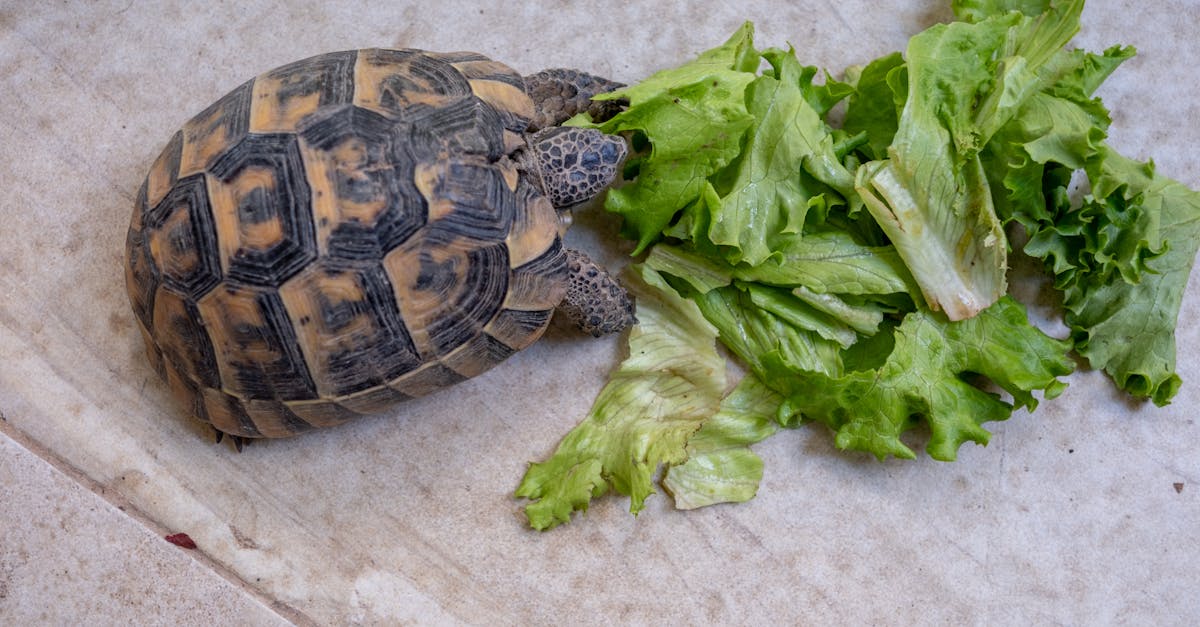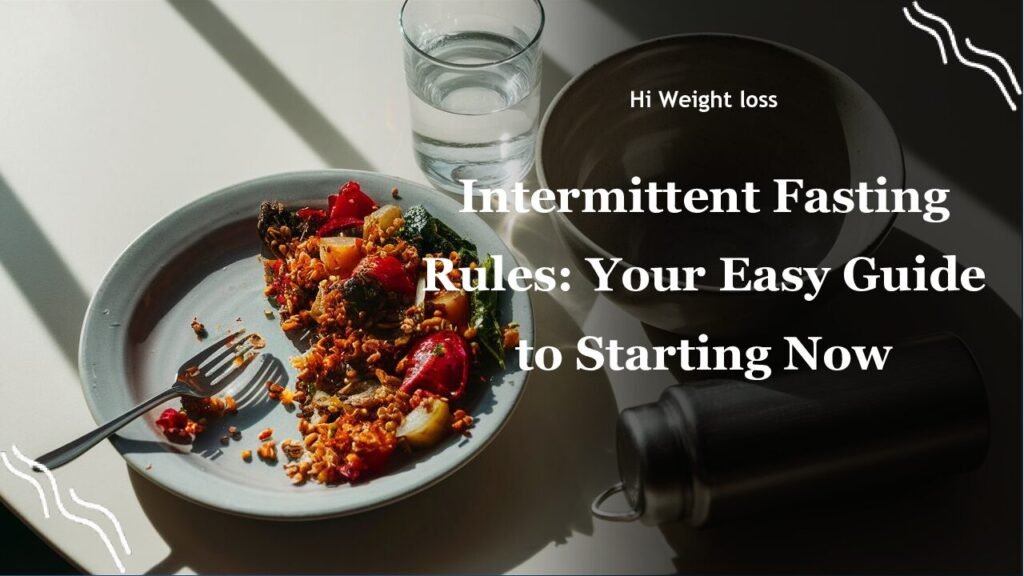“`
Have you ever felt like a balloon about to burst during a fast? The discomfort of gas and bloating can be a real downer, especially when you’re trying to focus on your health goals. Imagine, you’re halfway through your intermittent fast, and suddenly, your stomach starts rumbling and expanding. It’s not only uncomfortable but can also be quite distracting. Fortunately, there are several strategies to manage these digestive issues and make your fasting experience smoother. In this guide, we’ll explore effective ways to avoid gas during fasting, ensuring your journey is more pleasant and productive.
How to Avoid Gas During Fasting?
Understanding Why Fasting Can Cause Gas
Fasting, while beneficial for many, can sometimes lead to digestive discomfort. One of the main culprits is the change in your eating pattern. When you fast, your digestive system adjusts, and this adjustment can sometimes result in increased gas production. This is often because your body may not be processing things as efficiently as it does with regular eating. Furthermore, the types of food you consume during your eating window and even the amount of water you are drinking can have a significant impact on your digestive health while you are fasting.
It’s also interesting how our bodies react differently; for some, it’s mild discomfort, for others, it’s significant bloating. I remember when I first started intermittent fasting, I was surprised by how gassy I felt. It made me question whether fasting was for me, until I researched and discovered it’s a common issue that can be managed. Now let’s delve into specific strategies you can implement.
Staying Hydrated: The Cornerstone of Digestive Health
First, let’s talk about hydration. Dehydration can lead to constipation, which in turn, can cause an increase in gas production. Staying well-hydrated is not just about quenching thirst; it’s vital for a well-functioning digestive system. Naluri recommends aiming for at least 8 glasses of water a day, which is a great starting point. I’ve found that keeping a water bottle with me and sipping on it throughout the day really helps me to stay on track.
Remember, not all fluids are created equal. Sugary drinks can exacerbate gas problems, so it’s best to stick to plain water. Think of water as the oil that keeps your digestive system running smoothly. When you are dehydrated, it can lead to all sorts of problems including the build up of gas.
Choosing the Right Foods During Your Eating Window
What you eat during your eating window significantly impacts how you feel during your fasting period. It’s critical to choose easily digestible foods that do not contribute to gas formation. Think of it this way, if you load up on foods that are notorious for causing gas, it is going to cause you problems during your fast. Avoid beans, fruits high in fructose like apples and pears, and gassy vegetables like broccoli, cauliflower, and cabbage. Also, high-fat foods should be limited as they can be hard to digest and cause discomfort, as Casa De Sante mentions. I used to love a big bowl of lentil soup before fasting, and was surprised at how much gas it was causing me. Switching to lighter options really helped.
Instead, focus on lean proteins, such as chicken or fish, and easily digestible vegetables, like spinach or zucchini, to keep your gut happy. It’s all about making smart choices, so your fast is more enjoyable. By making the right choices you avoid giving your digestive system more work to do, leading to fewer digestive problems during your fast.
The Trouble with Carbonated Drinks
This might seem obvious, but it’s essential: avoid carbonated beverages during your fasting window. These drinks introduce excess gas into your digestive system, leading to bloating and discomfort. The bubbles in these drinks are literally filling your stomach with air, and if you are doing this on a regular basis during your fasting hours, you will likely have to deal with gas. If you want a fizzy feeling, try sparkling water with a slice of lemon or lime; it’s a healthier alternative. From personal experience, I can tell you that this small change made a huge difference.
Slow Down and Chew: The Power of Thorough Chewing
Digestion actually begins in your mouth. Eating slowly and chewing your food thoroughly is an often overlooked but critical step in preventing gas. When you eat too fast, you swallow more air, which can lead to bloating. Thorough chewing helps break down food more efficiently, reducing the burden on your stomach and intestines, which also helps minimize gas buildup. It might seem like a minor adjustment, but I’ve found that it is quite effective. I now make a point to put down my fork between bites, so I am eating more slowly.
It also gives you the opportunity to appreciate the flavors and textures of your meal. Eating slowly transforms mealtime into a mindful experience, rather than a race to finish. By chewing your food properly, you are allowing enzymes in your saliva to get the digestive process underway, making it less work for the rest of your system.
Digestive Aids: Natural Allies
Incorporating digestive aids can be incredibly beneficial. Ginger and fennel are two natural remedies known for their ability to soothe the digestive tract and reduce gas production. Adding ginger to your meals or drinking fennel tea can be very helpful. I like to add fresh ginger to my morning smoothie or make ginger tea during my eating window. It’s a simple, natural way to keep things running smoothly.
These natural remedies work by calming the digestive system and helping food move more efficiently through your body. It is a way to support your body in its digestive process with natural aids that are healthy and good for you.
The Role of Stress in Digestive Health
Stress can significantly impact your digestive health and can exacerbate bloating. Managing stress is just as important as watching what you eat. Engaging in light exercise, like walking, or practicing stress-reducing techniques such as meditation or yoga can be very helpful. These practices can manage stress and promote better digestion, and overall well-being. I have personally found that a 15-minute meditation session each day really helps me to feel calmer, and that in turn seems to help with digestion.
When you are stressed, your body releases cortisol, which can disrupt the delicate balance of your digestive system. When you incorporate practices to manage your stress, you are supporting a healthy digestive system and making your fast a much more comfortable and enjoyable experience.
The Delicate Balance of Fiber
Fiber is an essential nutrient, but too much can lead to excessive fermentation and increased gas production. It’s a balancing act; while you need fiber for regular bowel movements and gut health, eating too much can cause problems. It’s best to monitor your fiber intake carefully and make adjustments as needed. Consider adding fiber slowly to your diet rather than all at once so your digestive system can adjust. I’ve learned to listen to my body and adjust my fiber intake based on how I feel. This is key to digestive health.
If you have recently increased your fiber intake it might be worth considering reducing it, to see if that helps reduce the gas and bloating you have been experiencing. It is a good idea to keep a food journal to help track your progress and pinpoint what might be causing the problem.
The Power of Probiotics
Probiotics can help balance your gut bacteria, which is essential for proper digestion. Taking a probiotic supplement during your fasting periods might reduce gas and bloating. I’ve found that incorporating a probiotic rich food like kimchi or sauerkraut in my daily diet seems to have helped my digestive health overall. These foods help support the beneficial bacteria in your gut.
A healthy gut microbiome is crucial for overall well-being, as it is linked to better digestion and increased nutrient absorption. If you are experiencing gas and bloating during fasting you might consider consulting your health practitioner to see if taking a probiotic might help.

Putting it all together
Incorporating these strategies can significantly reduce gas and bloating during your fasting periods. It’s about combining lifestyle changes, smart eating, and stress management to achieve a more comfortable and successful fast. Remember, it’s not about making drastic changes all at once, but gradually incorporating these tips into your routine. Now let’s summarize the key strategies we’ve discussed, to make sure you have them all in one place.
| Strategy | Description |
|---|---|
| Stay Hydrated | Drink plenty of water (at least 8 glasses per day) to prevent dehydration and constipation. |
| Eat Easy-to-Digest Foods | Avoid gas-producing foods like beans, high-fructose fruits, and cruciferous vegetables. Choose lean proteins and easily digestible veggies. |
| Avoid Carbonated Beverages | Steer clear of fizzy drinks to prevent excess gas in your digestive system. |
| Chew Thoroughly | Eat slowly and chew your food well to aid digestion and reduce swallowed air. |
| Incorporate Digestive Aids | Use natural remedies like ginger and fennel to soothe your digestive tract. |
| Manage Stress | Engage in stress-reducing activities such as light exercise or meditation. |
| Monitor Fiber Intake | Ensure you are consuming a balanced amount of fiber, and are not overdoing it. |
| Consider Probiotics | Support your gut bacteria with probiotics from foods or supplements. |
Conclusion
In conclusion, managing gas and bloating during fasting is definitely achievable by implementing a combination of strategies. By focusing on hydration, consuming easily digestible foods, avoiding carbonated beverages, and chewing thoroughly, you can drastically reduce digestive discomfort. Natural digestive aids like ginger and fennel can further support your digestive system, while stress management techniques like meditation and yoga can positively influence your gut health. Furthermore, understanding and balancing your fiber intake and considering probiotics contribute to a more balanced gut and improved digestion. If you feel like you are struggling with your fasting routine, consider keeping a journal, so you can understand what is helping and what is causing the problems.
Remember the story of my early fasting days? The discomfort I felt was resolved through small, consistent changes, rather than a drastic overhaul. The good news is, you don’t have to struggle with gas and bloating while fasting; with these strategies, you are well on your way to enjoying the benefits of fasting, without digestive issues holding you back. Why not start today by taking just one step toward a more comfortable fast? Share this article with someone you know who might also be struggling with gas during fasting.
FAQ
Why does fasting cause gas and bloating?
Fasting can disrupt your regular eating patterns, causing digestive system adjustments that can sometimes lead to increased gas production and bloating. These can also be caused by food choices and dehydration.
How much water should I drink while fasting?
Aim for at least 8 glasses of water per day. Staying well-hydrated is important for preventing constipation and aiding digestion during a fast.
What foods should I avoid during fasting to prevent gas?
Avoid gas-producing foods like beans, high-fructose fruits, cruciferous vegetables (such as broccoli and cauliflower), and high-fat foods. Also, limit carbonated drinks.
Can natural remedies help with gas during fasting?
Yes, ginger and fennel are known for their digestive benefits and can help to reduce gas and bloating. Try adding them to your meals or drinking them as tea.
How can stress affect digestive issues during fasting?
Stress can exacerbate digestive issues. Activities like walking, meditation, and yoga can help manage stress and promote better digestion.
“`



